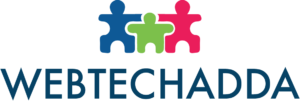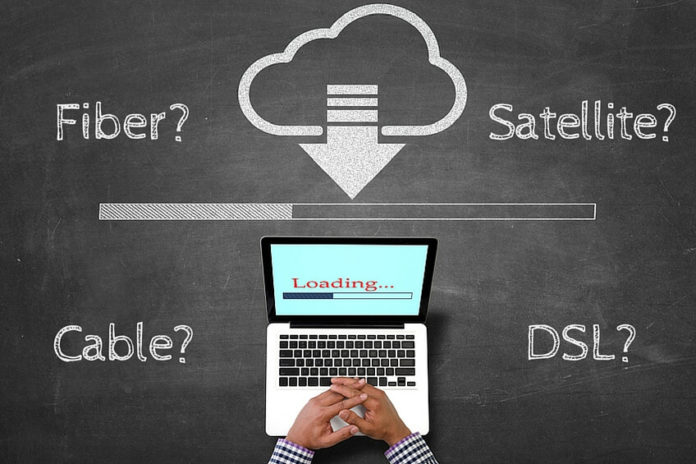Internet is considered as one of the basic utility in this modern world. To have an internet connection on your devices, you must get an internet connection from your service providers. Now, there are many types of broadband connection available on the basis of connecting speed and cost. The onus is on you to access what’s the best for you and go through with it.
Some of the major types of connections from which you can choose are
DSL Broadband
This is probably the most common method to access the internet. DSL stands for Digital Subscriber Line and it comes in two variants
- High Data Rate DSL
- Very High Data Rate DSL
Generally, the speed of the internet and operations performing on it depends upon the DSL technology used, condition of the line and service package selected. Range of the DSL service typically lies from 256 kb/second to 100 Mb/second. Browsing experience changes from rural to urban areas with the same facilities having a difference of 8 to 10 Mb/second. One advantage of this type of connection is the inconsistency of internet speed.
Fiber Broadband
Fiber broadband is a type of connection which uses fiber optic cables to transmit light signals from source to sink. Fiber broadband is provided by both telephone companies and cable companies. Fiber optic cable being a newer technology still is relatively high priced as compared to DSL and cable broadband. Also, fiber internet line can be seen in urban areas as rural areas are not in the scheme of things as of now. The speed of fiber broadband can exceed 1 Gb/second. Among all the broadband connection, this is the fastest.
Cable Broadband
Cable broadband connection can be given to you by the cable companies that provide the audiovisual signals for your television. Nowadays, almost all cable companies have been providing this additional service. Internet connection is made by using those same cables which are used for TV purposes. Cable broadband connection is faster than DSL broadband connection with an average speed of ranging from 10 Mb/second to 1 Gb/second. One setback of this type of connection is the reduction in internet speed with the increase in connections in the neighborhood.
Wireless Broadband
Wireless broadband uses an antenna to provide the user with an internet connection. The antenna is installed in the place where all the premises of the organization can get decent signal strength. This antenna provides the location with radio signals which are carriers for internet information. These antennas are basically mounted on rooftop inside or at higher places. Wireless broadband is used where either the wired connection is difficult to get such as villages, etc. or on college campuses.
Satellite Broadband
Using the internet in remote places can be a headache but satellite broadband connection is one of the best if not the best to use in such a scenario. A place of business or research where any type of internet connection cannot be set up, satellite connection is used. This broadband connection requires line of sight to the satellite. Although it is not easy to have perfect conditions all the time as even the weather can play spoilsport. It is faster than those old dial-up connections but still slower than DSL and cable broadband.
Bottom Line
Unless the area you are required to use the internet is not quite remote, then you should look to get the DSL broadband or cable broadband connection. If you looking for a higher speed, then the clear cut choice is fiber broadband. Wireless broadband is used by corporations and universities as they do not have that much appeal to entrepreneurs and houses. And the satellite connection is for remote places only, so its purpose in good connectivity area is null. SO, depending on the type of your nature of usage, speed required and money you are willing to spend, you can have anyone among the broadband connection mentioned.







